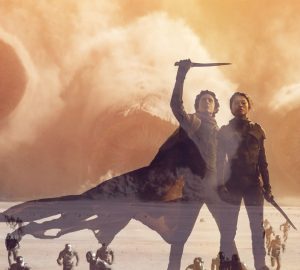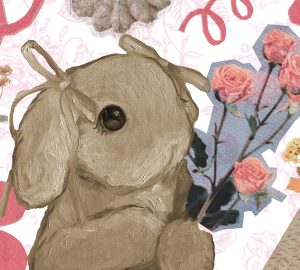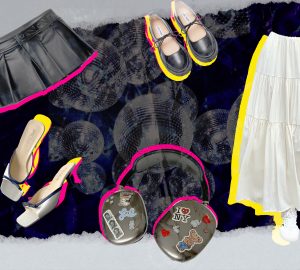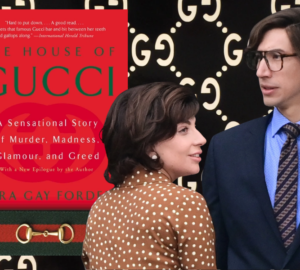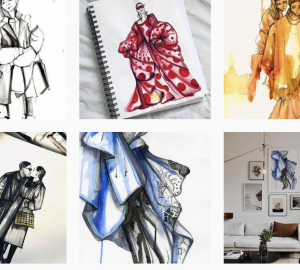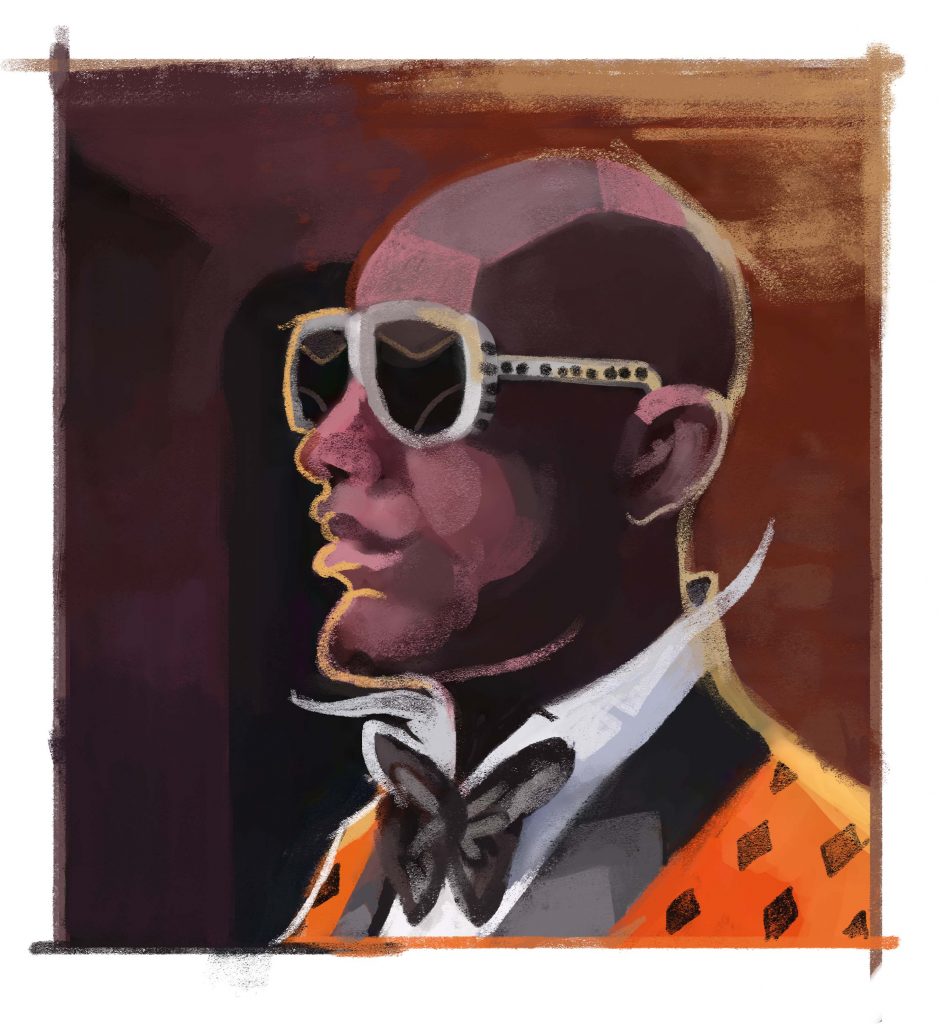
Dapper Dan is one of the revolutionaries who changed not only the fashion landscape at large — influencing luxury designers and a forging a new way of branding — but also elevated black fashion.
Born Daniel Day, the Harlem native grew up in a poverty-stricken family as one of seven children. Neither of his parents
After spending his teenage years as an accomplished shoplifter and having dropped out of school, Dan entered a new phase in his life centered around sobriety and philosophy. Refraining from the drugs that had infested Harlem in an evolving crack epidemic, he found the Urban League. The Urban League gifted him an opportunity to travel to Africa for the summer through a program meant to instill pride and discipline in young black and Latino men. Six years after his initial visit, Dan returned to Africa and befriended a tailor in Liberia who made him suits that were unknown to his New York origins. The suits were fitted and flared, made in vivid local fabrics –– a West African take on American style. This is when Dapper Dan decided to open his own boutique in his neighborhood.
Initially, the young businessman was drawn to the fur trade because of its high margins and negligence in communities like his.“There were only three black furriers in the United States and I went to visit all three of them,” Day told Dazed in 2014 on his preparations to move into the business. “I went and checked out their business and talked to them, and then I read all I could about the fur business.”
In 1982, Day opened his store with merchandise supplied by his landlord, who was a furrier. The landlord only supplied Dan with inferior garments made from scraps. When the supplier found out that Day was selling the furs at a lower markup than the competition, he pulled out of the business deal and Day decided to become his own supplier. Within a week, Day had recruited several African seamstresses and tailors and began to transform his boutique into a full-service factory.
During this time, Day encountered a customer that set everything in motion. A man entered Day’s boutique carrying a Louis Vuitton bag. Day reminisced, “This dude was bragging about the pouch. And it occurred to
Day’s first customers were Harlem kingpins and hustlers. There
Although Day’s boutique closed years later because of clear legal reasons, it’s important to note the impact that he had on the fashion industry at large. Day created custom garments eight years before Louis Vuitton would even begin to sell apparel. At the time, the brand was only selling luggage and handbags.
Day also created a market that European houses were never intended for. Black people were never on any luxury house’s radar, and even those that could afford it were treated with a certain peculiarity that still made them feel as “others.” Third-year fashion marketing and management student
Sizing was also a common problem. Legendary boxing mogul, Mike Tyson, often wore
Not only did Day influence and inspire the fashion of the ’80s, dressing some of the biggest names of the time including LL Cool J, Big Daddy Kane
The logomania that has since been done countless times by luxury houses is all because of Dapper Dan and the flamboyance of the black aesthetic. Since the subsequent rise and fall of Dapper Dan’s business, he’s still in the business, getting ready to publish his memoir this year and launched a collaboration collection with Gucci just last year.
Dapper Dan is and will continue to be a black fashion legend. Steve Stoute, the chief executive of the marketing firm Translation, said: “I think what Dap did, he actually taught an entire generation how to engage with luxury brands. Luxury brands, at that point, were not for us. They didn’t even have sizing for black people. So every time I walk into Louis Vuitton to buy a pair of

